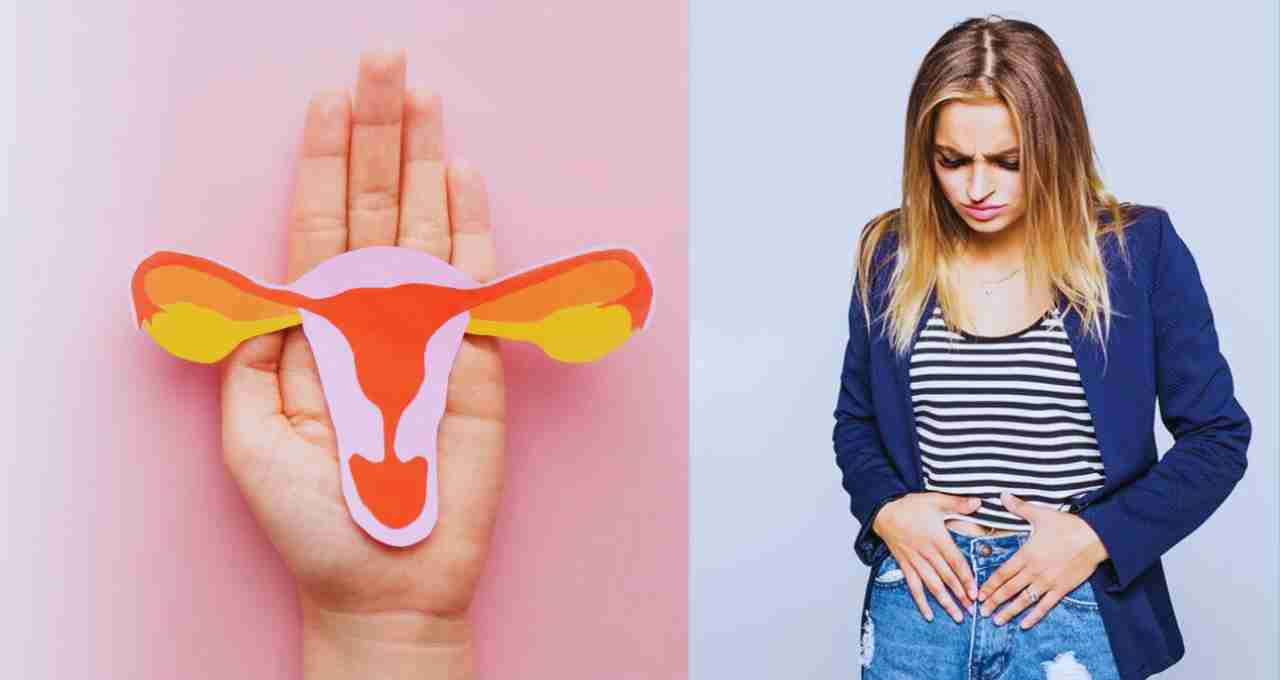In today's world, women are rapidly advancing in education, careers, and self-reliance. This often leads to delaying marriage and motherhood. While this decision can be personal and practical, it can also affect the body from a biological perspective. A decline in fertility after the age of 35 is a common process, and if not addressed in a timely manner, conception can become difficult.
Declining Fertility with Age
After the age of 35, the number and quality of eggs in a woman's ovaries begin to decline. According to medical science, fertility can decrease by 10% annually after the age of 35. This is why it may take longer to conceive at this age, or complications may arise.
According to doctors, the chances of conception remain for women over 35, but it may require medical intervention. This is why, if a woman is unable to conceive even after trying for 6 months at this age, she should immediately consult a gynecologist or fertility expert.
Major Challenges of Late Pregnancy

1. Decline in Ovarian Reserve
With age, eggs become fewer and weaker, making conception difficult.
2. Irregular Periods
Due to hormonal changes, periods are irregular, making it difficult to know the correct time for ovulation.
3. Increased Risk of Complications
In late pregnancy, the risk of miscarriage, premature delivery, high blood pressure, and gestational diabetes increases.
4. Chromosomal Problems
With increasing age, the risk of congenital disorders (such as Down syndrome) in the fetus also slightly increases.
When to See a Doctor?
If you are under 35, see a doctor if you are unable to conceive after trying regularly for a year.
However, if you are 35 or older, it is important to seek expert advice after trying for only 6 months. Delaying can make the situation more complex.
How to Plan for Late Pregnancy?
1. Initial Consultation with a Gynecologist
If you are over 35 and considering pregnancy, the first step is to consult a good gynecologist. They will provide information on your ovarian health, hormonal status, and necessary tests.
2. Undergo Fertility Tests
Tests like AMH (Anti-Mullerian Hormone), FSH (Follicle Stimulating Hormone), thyroid profile, and ultrasound can help determine your fertility level.
3. Use Assisted Reproductive Technologies If Needed
Modern techniques like IUI, IVF, or egg freezing make late pregnancy possible in today's era. If you do not wish to conceive at the moment, you can preserve your eggs for the future.
Lifestyle Changes are Necessary for a Healthy Pregnancy

1. Eat a Balanced Diet
- Include nutrients like folic acid, iron, calcium, and vitamin D in your daily diet.
- Regularly eat green leafy vegetables, lentils, nuts, fruits, and whole grains.
- Avoid junk food and excessive caffeine.
2. Exercise Regularly
Yoga, brisk walking, swimming, or light exercise not only make the body healthy but also reduce mental stress, which aids in conception.
3. Stay Away from Stress
Maintain mental peace through meditation, breathing exercises, music, or books. Stress can have a negative impact on fertility.
4. Get Enough Sleep
Women planning a pregnancy should get at least 7–8 hours of deep sleep. This helps maintain hormonal balance.
5. Get Regular Health Checkups
It is important to get timely checkups for blood pressure, sugar levels, thyroid, and period-related irregularities.
Pregnancy after 35 is not an impossible dream, but it is essential to prepare for it beforehand. If fertility is assessed at the right time and lifestyle is improved, a healthy pregnancy is definitely possible. Regardless of age, a conscious approach, proper advice, and regular monitoring can make the path to motherhood easier.















